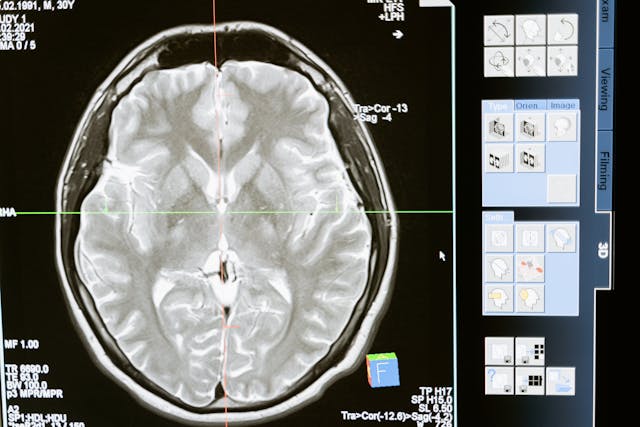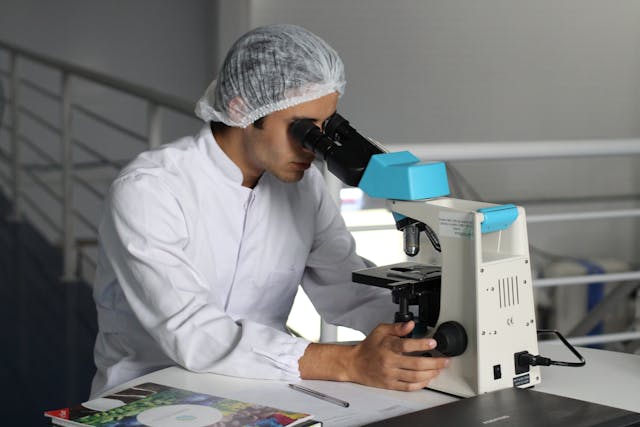Unexplained Weight Gain and Other Overlooked Symptoms
Imagine watching your vibrant, energetic child suddenly experience unexplained changes in their body and behavior. At first, they seem minor—weight gain, mood swings, occasional headaches. But then, the symptoms intensify, and before you realize it, your child is battling a life-threatening illness. This is the devastating reality for many families facing a childhood brain tumor diagnosis.
This article serves as both a cautionary tale and an educational resource for parents. By understanding the subtle signs of brain tumors in children, families may have a better chance of early detection and timely medical intervention.
The Warning Signs That Went Unnoticed
1. Rapid, Unexplained Weight Gain
A child’s weight fluctuates naturally, but when a significant increase happens in a short time without a clear reason, it’s worth investigating. Some brain tumors affect the hypothalamus, a region of the brain that controls hunger and metabolism. This can lead to rapid weight gain that cannot be explained by diet or activity levels.
2. Frequent Headaches
Many children experience headaches, but when they become persistent, severe, or occur alongside vomiting, they should not be ignored. Headaches caused by brain tumors are often worse in the morning and may improve as the day progresses.
3. Vision Problems and Balance Issues
Children with brain tumors may develop double vision, blurry vision, or unexplained difficulty in coordinating movements. If a child starts tripping over objects or struggles to walk straight, it could be due to pressure on the brain.
4. Mood Swings and Irritability
Sudden behavioral changes, such as extreme mood swings, increased aggression, or uncharacteristic lethargy, may signal neurological issues. While stress and developmental changes can explain some shifts in behavior, persistent emotional instability warrants further examination.
5. Unexplained Nosebleeds
While often harmless, frequent nosebleeds could be linked to increased intracranial pressure. If a child experiences regular, unexplained nosebleeds along with other symptoms, it should be evaluated by a healthcare professional.
The Devastating Diagnosis
For many families, the diagnosis of a brain tumor comes after months of dismissed symptoms. In some cases, the warning signs are only taken seriously after a major medical event, such as a seizure or sudden collapse.
Brain tumors in children can be aggressive, and early detection is crucial. However, due to the rarity of these tumors, parents often struggle to receive timely diagnoses.
Raising Awareness and Seeking Early Intervention
After experiencing this tragedy firsthand, many parents, like Susan (not her real name), dedicate their lives to educating others about the warning signs of pediatric brain tumors. The goal is simple: ensure no other parent overlooks symptoms that could indicate a life-threatening condition.
What Parents Can Do:
- Trust Your Instincts – If you feel something is off, seek medical advice. You know your child best.
- Keep a Symptom Journal – Document any unusual behaviors, headaches, vision problems, or other changes over time.
- Request a Second Opinion – If a doctor dismisses concerns but symptoms persist, seek further medical evaluations, including neurological assessments and imaging scans.
The Need for Greater Awareness and Research
Childhood brain tumors remain one of the leading causes of cancer-related deaths in children. Increased awareness, early detection, and medical research can improve survival rates and outcomes. Organizations and advocacy groups continue to push for better diagnostic tools and funding for pediatric brain tumor research.
Final Thoughts
No parent should have to experience the heartbreak of losing a child to a misdiagnosed or undetected illness. By recognizing early warning signs and advocating for medical attention, we can help ensure that more children receive the timely care they need. If you notice unusual symptoms in your child, seek medical advice and push for comprehensive testing when necessary. Awareness can save lives.


